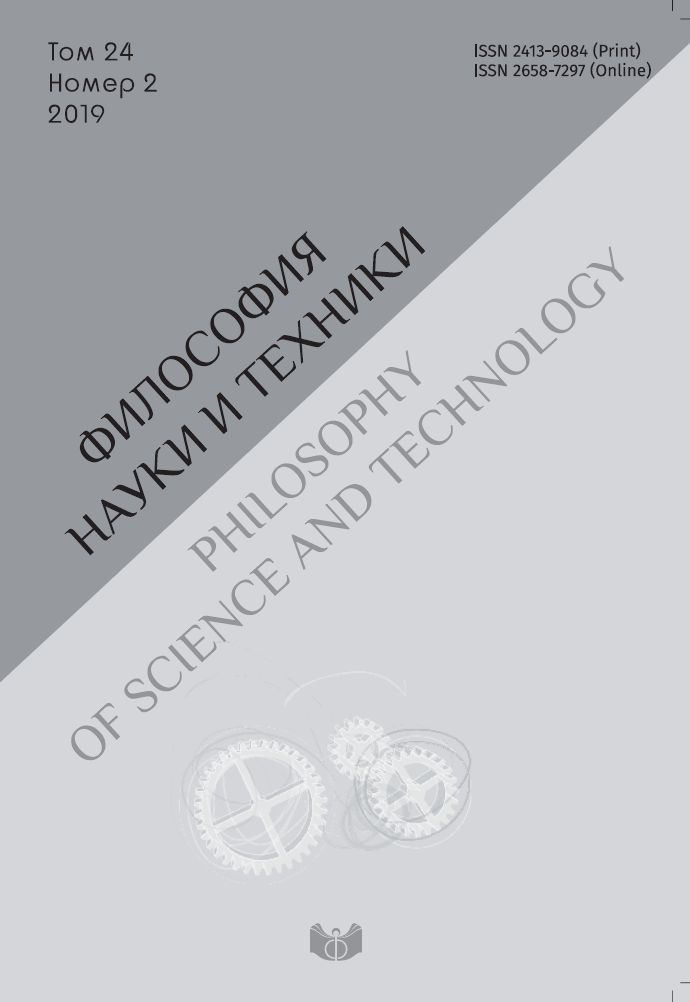Consciousness and cognitive mechanisms: theoretical and empirical investigations (a review)
DOI:
https://doi.org/10.21146/2413-9084-2019-24-2-21-32Keywords:
consciousness, cognition, cognitive mechanisms, cognitive science, brain, perception, theory of global workspaceAbstract
This article is an analytical review of modern studies concerning the question of interrelation between consciousness and high-level cognitive mechanisms, which make possible report of experienced subjective phenomena. This question is one of the central questions in contemporary consciousness studies. Over the past few decades, it has attracted a lot of a tention of philosophers and scientists. The answer to this question determines the choice of a methodological strategy for the study of consciousness: in one case integrated into cognitive science with its standard methods, and in the other case emphasizing the special nature of the problem and requiring appropriate methods for its solution. The main conceptual arguments and empirical evidence are considered both in favor of the conception of phenomenal consciousness and in favor of the conception of cognitive access. It is noted that cognitive theories of consciousness may encounter significant difficulties in explaining emotional experience which constitute a special type of conscious states. Nevertheless, it is emphasized that due to their close integration with cognitive science in the foreseeable future cognitive theories of consciousness may turn out to be more fruitful both in theoretical terms and in the domain of practical applications, whereas the conception of phenomenal consciousness is in danger of being empirically untestable and thus not suitable for scientific research.











